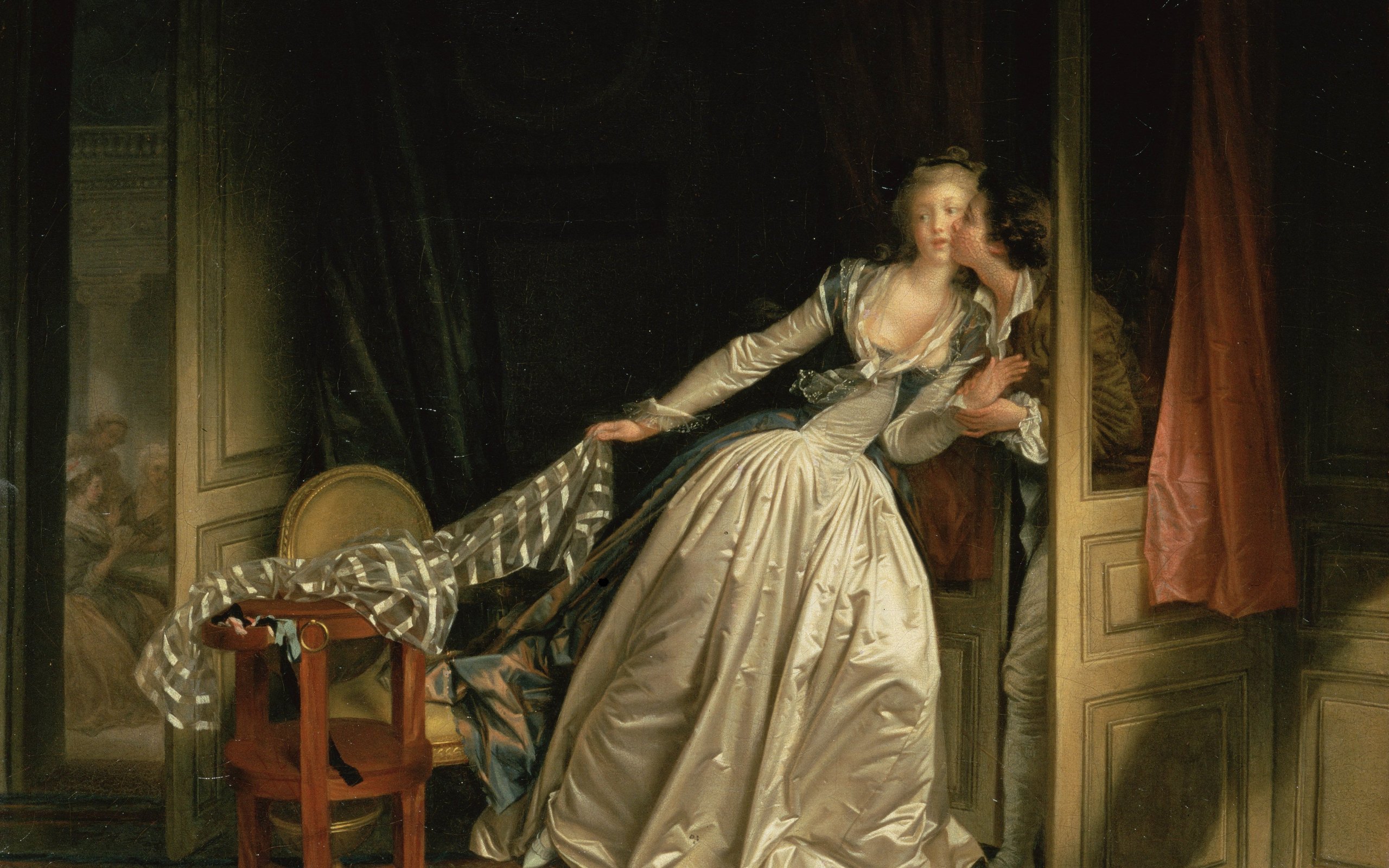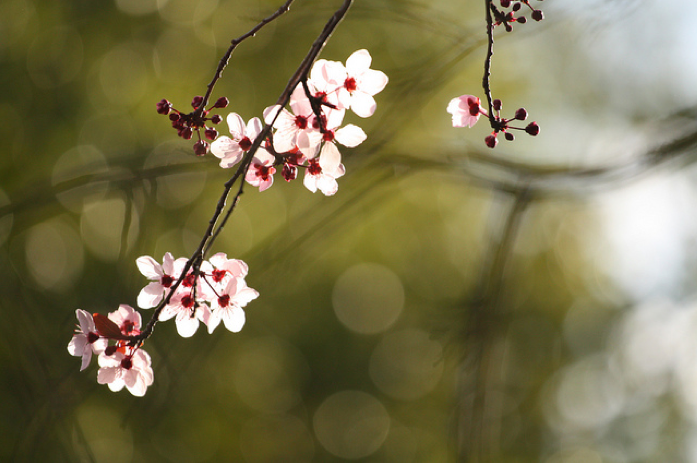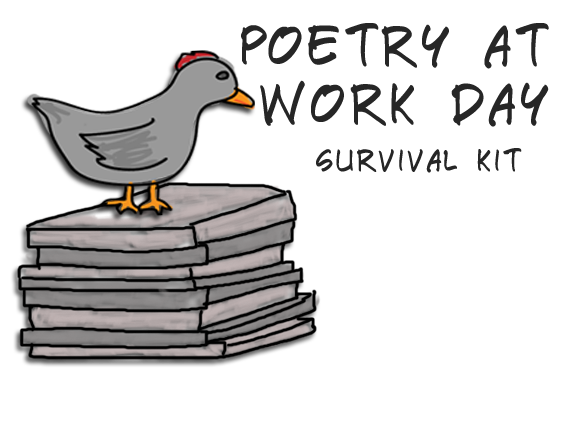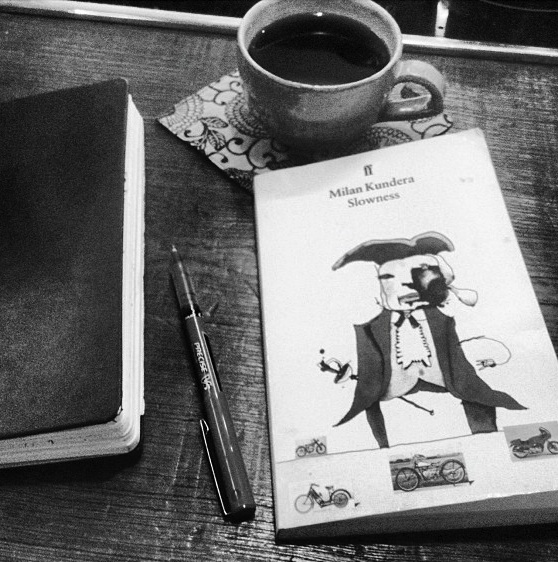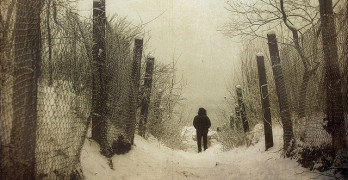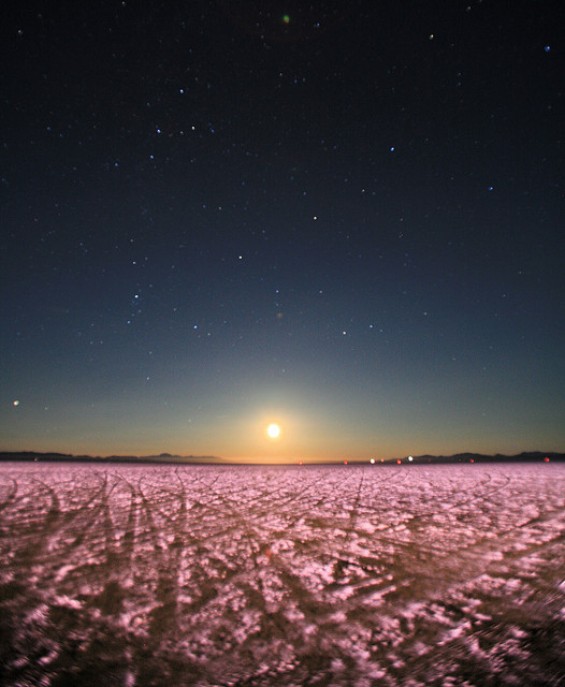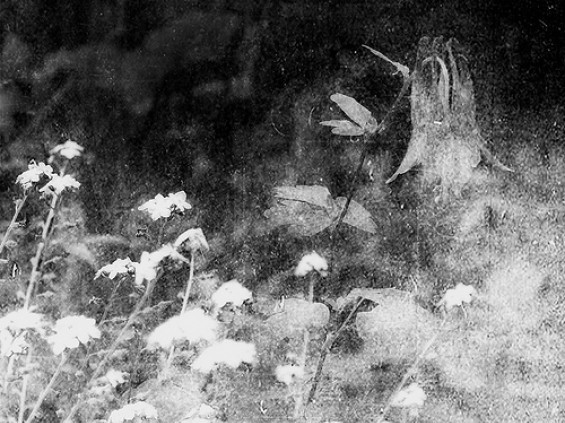Love’s big day is upon us, and we don’t want you to be without a good love poem, so we’ve gathered up a list of ten of our favorites. Maybe you have another you’d like to share in the comments?
Purple Plays (An Associative Poetry Prompt)
Men have long lusted after the cherry-red Porsche, or the ruby-red lips of their lovers. The perfect little black dress is the staple of the refined lady’s closet. Children have long dreaded the color “school-bus yellow.” What objects do you most associate with colors purple and indigo? What emotional states do the colors bring to mind? Seth Haines has a new poetry prompt.
Poetry Classroom: Passionate Shepherd to his Love
Even if you have not read Christopher Marlowe’s famous poem, “The Passionate Shepherd to his Love, ” you probably know its poetry anyway. Really.
Poetry Classroom: Sonnet 18 by William Shakespeare (1609)
In this month’s poetry classroom, author and literature professor Karen Swallow Prior will be treating us to a discussion of classic love poetry—beginning with Shakespeare.
Poetry Classroom: Sour Plums
In this final week of Poetry Classroom with Anne M. Doe Overstreet, we invite you to consider signing up for Anne’s 2013 Poetry Workshop.
Inspired: 8 ways to write poems you can love
A simple ebook from T.S. Poetry Press might be all you need to get yourself writing a little poetry. If all else fails, cheesecake.
Poetry at Work Day Survival Kit
Want to celebrate Poetry at Work Day in your workplace? We’ve gathered a great collection of resources in our Poetry at Work Day Survival Kit to get you started.
Poetry Classroom: Shade Half Drawn
In the Poetry Classroom, you are invited to discuss the poems—their forms, images, sounds, meanings, surprises—and write your own poems along the way.
10 Great Poems About Work
10 great poems about work, new and old. Boss poems, work-life poems, work poems about various industries. Thoughtful to humorous!
Infographic: Poetry at Work Day
Chickens, chocolate chip cookies, writing poetry on the clock? Must be our Poetry at Work Day infographic.
Taking Poetry to Work: A Few Good Tricks
Poetry at Work Day? It doesn’t need to be elaborate. Here are a few ideas you can use to make it happen in your workplace.
Poetry at Work: The Poetry of Unemployment
Organizations see layoffs as business decisions; people affected see them as intensely personal. Unemployment is a part of work, and part of poetry at work.
Video Poem: This is What Tomorrow Looks Like
On a train from Sydney to Melbourne, four family members each write a short poem with the same title.
Image-ine: Jewel of Winter
Maureen Doallas and Kelly Sauer turn up a sweet, juicy bit of visual poetry together.
New Year’s: Resolutions Poem
A resolutions poem from Anne M. Doe Overstreet for the New Year.
The Poetry of Riffraff
It’s not a new thing for a poet to take common everyday things, the riffraff of our lives, and use them to signify or explain something larger. Glynn Young reviews Stephen Cushman’s “Riffraff: Poems” with special attention to the unique ways Cushman makes something of the riffraff.
The Art and Music of “Four Quartets” by T.S. Eliot
“Go, go, go, said the bird: human kind / cannot bear very much reality.” Glynn Young recalls his first reading of Four Quartets, which T.S. Eliot wrote over six years, the last three poems during the London Blitz.
To Our Family (A Haiku)
There’s no single right way, but for those of us who scratch words, poetry–even haiku–can provide an outlet for working through our collective grief.
Holiday Haiku: A Poetry Prompt
Holiday favorite “A Christmas Story” provides a backdrop for this week’s holiday haiku poetry prompt with Seth Haines. Careful. You’ll shoot your eye out.
Dublin Doors: No 12 Lombard Street West
Welcome into No 12 Lombard Street West where Paul and Alma live behind their slate grey Dublin door. Listen in as they spin stories with Claire Burge, rich in texture and history.



